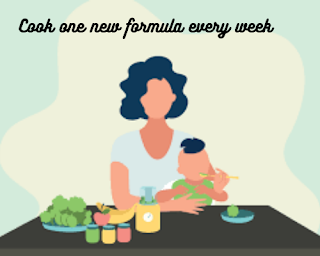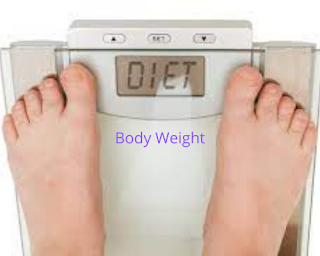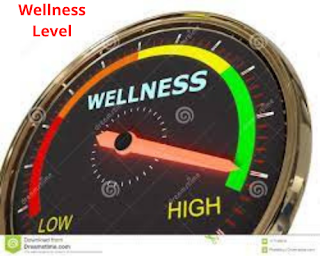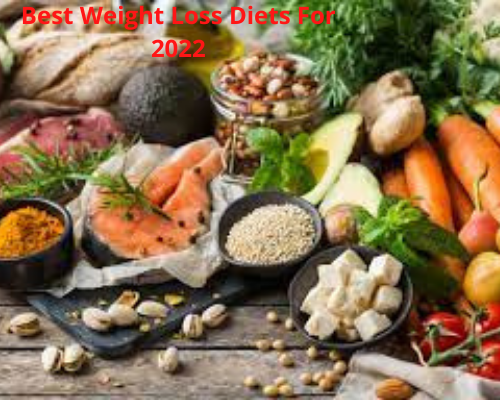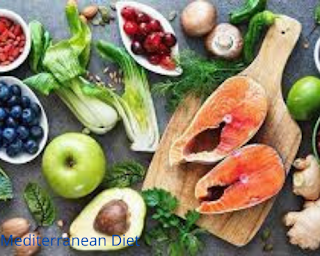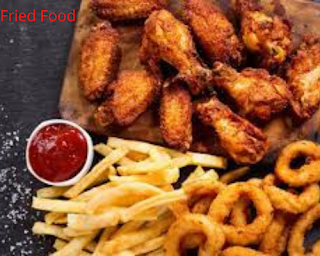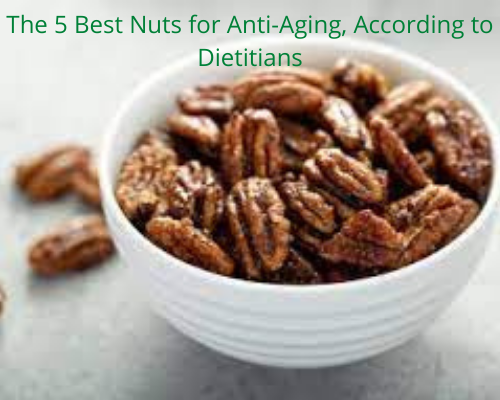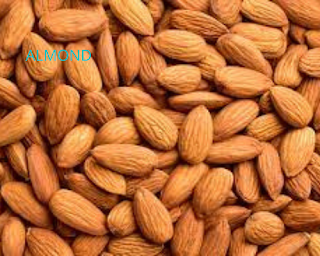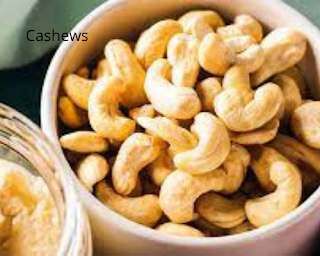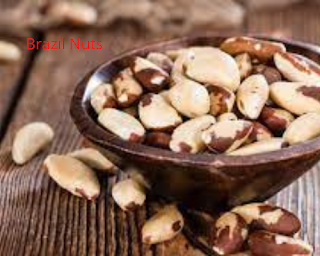Hello everyone in this post I will discuss the 6 Factors That Can Affect How Many Calories You Burn. I am trying my best to explain it step by step. Assuming you've at any point been to a gathering wellness class where everybody's pulses and assessed calorie consumption are shown on a screen, you realize that these measurements change extraordinarily from one individual to another. You've presumably additionally seen that, for the most part, men will quite often consume a bigger number of calories than ladies. In any case, have you at any point asked why various individuals consume calories at such various rates, in any event, during a similar exercise?
Actually digestion — an umbrella term for every one of the cycles in your body that separate supplements for energy, fuel development, and then some — is a long way from straightforward. "There is a steady rhythmic movement of responses that form or fix our body (anabolism) and responses that separate food and energy stores for fuel (catabolism)," says Anya Rosen, RD, a virtual utilitarian medication specialist situated in New York City. "It is an incredibly intricate theme that is exceptionally difficult to explore," she adds. Different elements play into how quick or slow you're consuming calories at some random time. Here are the six that specialists say greatest affect the number of calories you consume while working out.
6 Factors That Can Affect How Many Calories You Burn
So the 6 Factors That Can Affect How Many Calories You Burn are the following, I will also show the images of these 6 factors below;
1: Body Weight
The first one for 6 Factors That Can Affect How Many Calories You Burn is Body Weight. "By and large, the more you gauge, the more calories you'll consume per meeting," says Kyle Gonzalez, a San Francisco–based guaranteed strength and molding subject matter expert and execution mentor at Future. "Calories are only a proportion of energy, so the more you gauge, the more energy it takes to move your body." Put in an unexpected way, of two individuals with various loads, the person who gauges more will consume more calories, since they have a more prominent energy consumption while moving.
Individuals with bigger bodies likewise will more often than not have bigger inside organs (like the heart, liver, kidneys, and lungs), which is a critical variable in the number of calories that are singed during exercise and very still, because these organs and their cycles require energy. One investigation discovered that up to 43 percent of the variety in absolute calorie copy between individuals could be clarified by contrasts in the size of their inside organs.
This is one of many reasons that weight reduction is so muddled — your body consumes fewer calories as your weight diminishes, which can prompt a weight reduction level or in any event, recovering weight. All things considered, it's by all accounts,s not the only explanation. A past audit clarifies that weight reduction can trigger other physiological transformations too, including the body's inclination to consume put away fat for energy, and interaction called fat oxidation; more noteworthy yearning, because of more significant levels of the chemical ghrelin; and less satiety, as levels of the chemical leptin plunge.
If you're hoping to get thinner and have hit a level, consider working with an enrolled dietitian who has practical experience in weight reduction and can assist you with meeting your objective in a sound and economical manner. Track down one at the Academy of Nutrition and Dietetics.
Likewise, remember that activity is a shelter for general wellbeing whether or not you get in shape. An audit distributed in October 2021 in iScience proposes that while expanded exercise doesn't ordinarily prompt long haul weight reduction, further developed cardiorespiratory wellness is related to better wellbeing results and a lower hazard of unexpected passing, paying little heed to weight.
2: Bulk
The second for the 6 Factors That Can Affect How Many Calories You Burn is Bulk or also we say Muscle Mass. Here's the place where things get somewhat trickier. Somebody with more bulk will consume a bigger number of calories than another person who gauges something very similar yet has less muscle. "Muscle tissue consumes a bigger number of calories than fat tissue," says Jenaed Brodell, RD, a London-based private practice sports nutritionist. However, asserts regarding the number of calories a pound of muscle will consume are regularly ridiculously exaggerated. As a general rule, proof recommends that a pound of muscle consumes around five calories each day, while a pound of fat consumes around two calories each day.
During exercise, having more bulk will build your all-out calorie consume, because your body needs to create more energy to help the expanded rate at which your muscles are contracting. Quick version, to improve your calorie consumption, consider moving forward with your solidarity preparing game. "Proof shows that lifting loads consume more fat [than cardio exercise] and has really encouraging long haul results," says Brodell, adding the proviso that everybody's objectives and abilities are unique, and at last it's dependent upon you to pick how you work out.
3: Birth Sex
The third one for this topic is Birth Sex. "For the most part, men consume a greater number of calories very still and during exercise than ladies," Gonzalez says. In any case, there's nothing sorcery concerning why this is — this is because men will quite often be bigger than ladies, and they have more bulk than ladies of a similar age and weight. "Guys, for the most part, consume 5 to 10 percent a larger number of calories than females very still, and this rate generally increments with work out," Gonzalez says.
And keeping in mind that ladies can absolutely add bulk through strength preparing, physiological contrasts imply that, as a rule, ladies can't be pretty much as inclined as men. "Ladies are hereditarily inclined toward set down more fat to help chemical creation and childbearing," Brodell clarifies.
The National Institute of General Medical Sciences clarifies that muscle versus fat is additionally fundamental for capacities, for example, putting away energy, ensuring inner organs, and supporting key capacities like development, resistance, chemical creation, proliferation, and digestion.
The American Council on Exercise (ACE) expresses that men need something like 2 to 5 percent muscle versus fat to help wellbeing, while ladies need at least 10 to 13 percent. Yet, these base numbers may not be adequate. While there's no authority proposal for ideal muscle versus fat ratio, the most referred to study on the point expresses that a sound reach for grown-ups more youthful than age 40 is 8 to 20 percent for men and 21 to 33 percent for ladies. All things considered, the connection between wellbeing and muscle versus fat is intricate and not impeccably perceived.
Rather than worrying with regards to what your introduction to the world sex means for your calorie consumption, center around the things you can handle. "Basically people should zero in on building muscle and working on cardiovascular wellbeing with an even cardio and strength-preparing program," Gonzalez says.
4: Age
The fourth one is Age. "As we age, we will more often than not lose bulk," Brodell says. "After age 30, you start to lose however much 3 to 5 percent of your bulk each decade." The purposes behind this aren't impeccably seen, yet an audit distributed in July 2017 in Aging Research Reviews clarifies that it's possible because your body turns out to be more impervious to chemicals that advance the protein combination that is critical to muscle upkeep. This deficiency of bulk brings down your metabolic rate — the speed at which you consume calories — very still and during exercise.
A review on human digestion, distributed in the August 2021 issue of Science, stood out as truly newsworthy for its discoveries that metabolic rate may not decay all through adulthood, yet rather that it levels between the ages of 20 and 60 then, at that point, starts its decrease. In the review, creators estimated the energy consumption of 6,421 people between 8 days old and 95 years of age utilizing the doubly marked water strategy, the best quality level for this sort of estimation.
Yet, this doesn't really imply that everybody's calorie consumes adulthood. "This review on day-by-day energy consumption through the human existence course is fascinating, yet it isn't really conclusive evidence that how we might interpret digestion is off-base," Rosen says, adding that it's difficult to impeccably evaluate digestion. Additionally, maturing is joined by different changes in human physiology — not all of which might have been adapted to, even by master eyes."
While you can't prevent your body from maturing, you can protect or even increment your bulk with normal strength preparing, Gonzalez says. "Strength preparing can assist you with expanding your resting metabolic rate, which assists you with consuming more calories very still over the long haul."
5: Wellness Level
Fifth One and the Last one for 6 Factors That Can Affect How Many Calories You Burn is Fitness Level or Wellness Level. The more you do a specific kind of exercise, the simpler it appears. That is not in your mind — your body really adjusts to do things all the more effectively over the long run, Gonzalez clarifies. By and large, this is something to be thankful for. It implies that you can run quicker or for longer with training and that your muscles will actually want to lift heavier loads with legitimate preparation.
Yet, it likewise influences your calorie consumption. "As your body adjusts to preparing, you will consume fewer calories with similar exercises," Gonzalez says. "From your lungs to your muscles to your heart to your mind, your body turns out to be more productive as you become more fit." That's the reason a novice may consume essentially a bigger number of calories than somebody who's been doing likewise exercise for quite a long time — and it's the reason changing your exercise routine can build your wellness level and possibly upgrade your calorie consumption.
6: Preparing Intensity
The last One is Preparing Intensity. It's likewise conceivable that two individuals doing likewise exercise are consuming an alternate number of calories since they're not really doing likewise exercise. Brodell clarifies that somebody practicing at an extreme focus, which means you're breathing intensely and can't carry on a discussion, can copy two times as numerous calories in a similar measure of time as somebody practicing at a low force. Furthermore, because you're covering a similar distance as another person, or going through similar movements, doesn't imply that you two are working out at a similar force.
While the Department of Health and Human Services (DHHS) clarifies that strolling and running convey plenty of similar advantages with regards to bringing down pulse and lessening your danger of ongoing conditions like coronary illness and type 2 diabetes, a past report observed that grown-ups who strolled one mile consumed about 89 calories, though grown-ups who ran that equivalent mile consumed around 113 calories.
An objective of 150 minutes of low force each week is to the point of yielding numerous medical advantages, including decreased nervousness, better rest, lower pulse, expanded cardiovascular wellness, and diminished danger or eased back movement of specific persistent conditions, as per the DHHS. Fusing higher-force practice into your normal will support your calorie consumption and amplify these advantages much further. To build the power of your exercises, ACE suggests speeding up, scope of movement, or how much weight you're utilizing for strength-preparing works out.
The main concern is that you should make an effort not to worry a lot about things that are out of your control. The practice has incalculable advantages beyond simply consuming calories, so the main thing is to observe kinds of development that are charming and feel feasible. "The sort of activity that is better for an individual, at last, relies upon that individual's objectives, actual wellness, and abilities," Brodell says.










